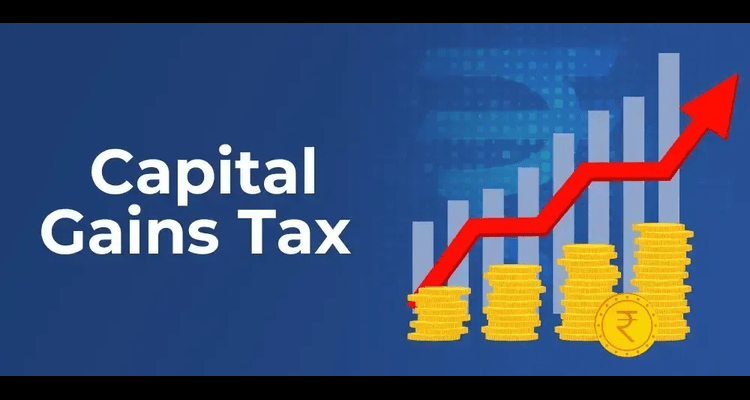
When tax debts are not paid on time, the Australian Taxation Office imposes general interest charges (GIC) on the outstanding balance. GIC accrues daily at the current interest rate, compounding the size of the unpaid tax debt. Those taxpayers who are facing financial hardship or cash flow issues may find these growing interest expenses to be extremely harsh and overwhelming. The ATO acknowledges, meanwhile, that uncontrollable events can occasionally occur and cause late payments. Because of this, in some circumstances, the ATO will grant petitions to remit or lower the GIC accumulated on a tax debt. Taxpayers can apply to have all or part of the accrued GIC charges waived if they can demonstrate mitigating circumstances, a history of compliance, and good record of timely tax payments. By understanding the remission of general interest charges by ATO, taxpayers struggling with interest charges can request relief and minimize their overall debt burden. With the guidance of tax experts like Excelsior Tax Advisory, taxpayers have the best chance of negotiating GIC remission and developing affordable payment plans for their outstanding tax debts.
The ATO will apply GIC on an outstanding tax debt if it is not paid by the deadline. GIC is a daily interest charge that applied at the going rate, which, as of January through March 2024, is 11.38% annually.
GIC accrues daily on unpaid tax debts until the balance is paid in full. This includes unpaid income tax, GST, PAYG installments, FBT and other tax types. The longer a tax debt remains unpaid, the more GIC is added on top of the original debt amount.
GIC essentially acts as a late payment interest penalty imposed by the ATO. It aims to deter late payment and recover interest costs on unpaid funds. However, taxpayers can apply to have GIC remitted in whole or in part.
The ATO recognizes that taxpayers sometimes face circumstances beyond their control that result in late tax payments. As such, the ATO is willing to consider remitting GIC where:
Basically, remission of general interest charges comes down to the concept of fairness and mitigating circumstances. The ATO aims to be reasonable and realistic when taxpayers encounter unusual situations.
To request GIC remission, taxpayers should contact the ATO as soon as possible. The ATO may ask for supporting documentation such as:
The ATO will review each application on a case by case basis. It is important to be cooperative, provide good documentation, and clearly explain the circumstances of the late payment.
Having a past history of compliance also helps applications for GIC remission. Those with poor compliance may find it harder to get interest charges reduced unless special circumstances applied.
An important tip is to avoid accumulating large unpaid tax debts in the first place. Payment plans and deferrals can help manage cash flow without penalty. Contact a qualified tax lawyer in Sydney for assistance navigating ATO payment issues.
The ATO may not agree to remit all GIC accrued. However, even partial remission of interest charges can help. Waiver of 50% or 75% of GIC may still make outstanding tax debts more manageable.
If the initial request for remission rejected, taxpayers can lodge an objection and provide further supporting details. However, remission outcomes often depend on the discretion of ATO officers. Well-presented, evidence-based requests have the highest chance of reducing interest costs.
Taxpayers facing large GIC bills with special circumstances could also request an ATO payment arrangement tailoring installments to their situation. This stops further interest accruing while gradually paying down the principal debt.
Unpaid tax debts should be addressed quickly before GIC makes the situation worse. Consider the following tips:
With the right tax expertise and good communication with the ATO, taxpayers can limit GIC exposure. Remission policy provides some flexibility when circumstances warrant relief. However, timely action is key along with compliance cooperation.
If you are struggling with an unpaid tax debt, Excelsior Tax Advisory offers comprehensive tax dispute and debt management services. Our expert Sydney tax lawyers can help apply for remission of general interest charges, negotiate settlements, and achieve fair payment arrangements. With the right advice, tax debts do not need to spiral out of control.
 Are You Currently the Subject of a Tax Office Inquiry?
Are You Currently the Subject of a Tax Office Inquiry? Behind the Scenes of a Tax Audit: A Small Business Owner’s Survival Guide
Behind the Scenes of a Tax Audit: A Small Business Owner’s Survival Guide Best Business Tax Debt Advice Sydney: Excelsior Tax Advisory
Best Business Tax Debt Advice Sydney: Excelsior Tax Advisory Navigating Tax Audit Sydney With Excelsior Tax Advisory’s Support
Navigating Tax Audit Sydney With Excelsior Tax Advisory’s Support Changes to Foreign Resident Capital Gains tax Withholding (FRCGW) regimes announced
Changes to Foreign Resident Capital Gains tax Withholding (FRCGW) regimes announced Common Business Structures in Australia
Common Business Structures in Australia
Level 2, 215-219 George Street Liverpool NSW 2170
Copyrights 2023 Excelsior Tax Advisory. All Rights Reserved.